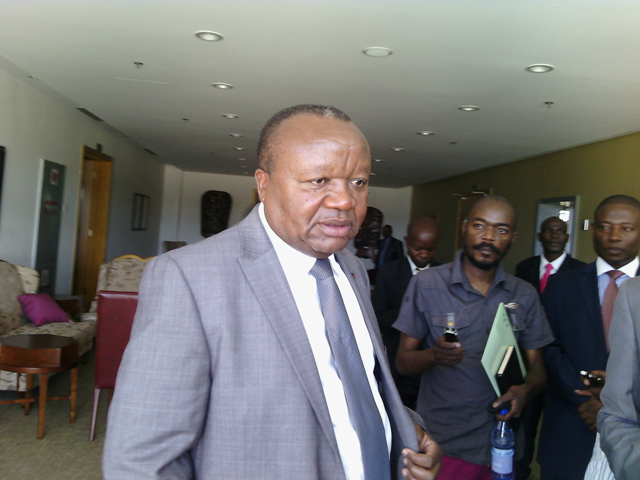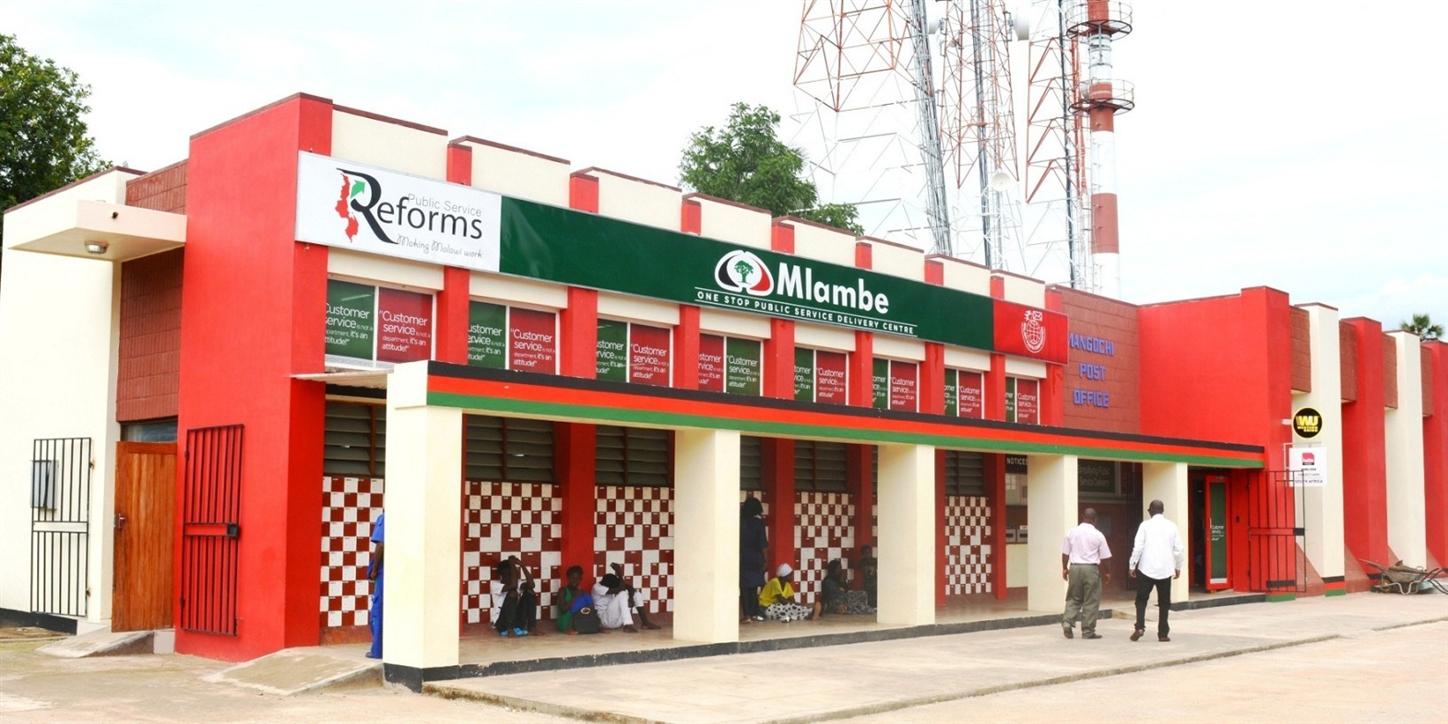South Korean President Moon Jae-in’s ruling party won an absolute majority in parliamentary elections, results on Thursday showed, a landslide victory propelled by successes in the country’s efforts to contain the new coronavirus.
The election was watched around the world as one of the first nationwide votes since the pandemic began.
Authorities took stringent safety measures, disinfecting all 14,000 polling stations and requiring voters to wear masks, have their temperatures checked, use hand sanitizer and plastic gloves and maintain a safe distance from others.
Driven by record high participation in early voting over the weekend, turnout was 66.2%, higher than any parliamentary elections held since 1992, according to the National Election Commission.
About 2,800 coronavirus patients were allowed to vote by mail or in person, using special booths, while more than 13,000 in self-quarantine cast their ballots after polls closed.
Approval ratings for Moon and his Democratic Party took a serious blow in February when the first major outbreak outside of China hit South Korea, which was already reeling from a stagnant economy and a series of domestic political scandals.
But since then, the administration’s largely successful campaign against the virus provided a boon in popularity for Moon and his progressive party.
The ruling camp secured 180 seats in the 300-member, single-chamber parliament, up from the current 120. The main conservative opposition coalition won 103 seats, according to the National Election Commission.
“The people empowered our desperate efforts to overcome the national crisis through the election,” Moon said in a statement, thanking citizens for complying with safety guidance and the high voter turnout.
Former prime minister Lee Nak-yon, who ran the ruling party’s campaign, said in a televised speech the victory was a “strict command” from the voters to tackle the virus and minimise its economic impact.
A ruling party majority in parliament will help Moon to press ahead with his agenda in his final two years in office, including looser fiscal policies aimed at creating jobs, a higher minimum wage and engagement with North Korea.




